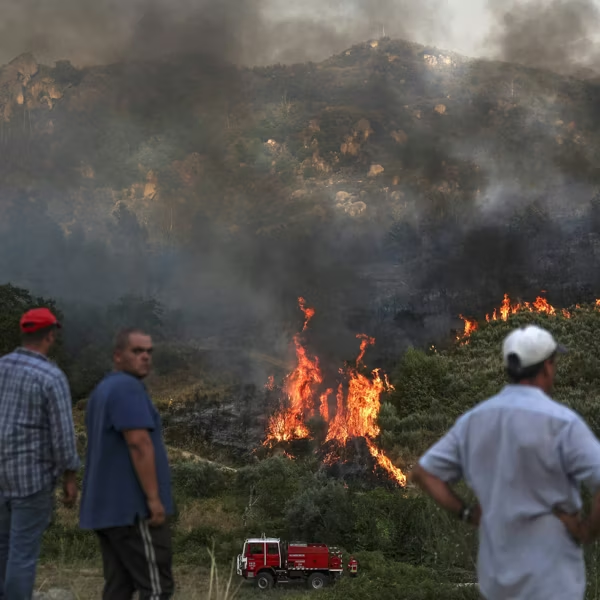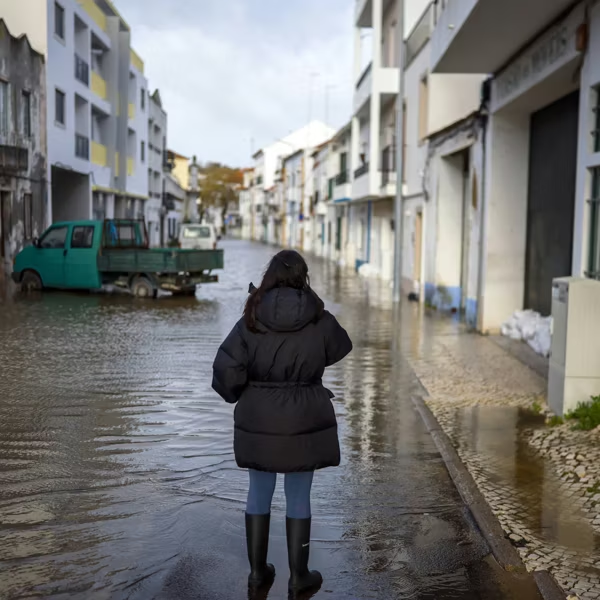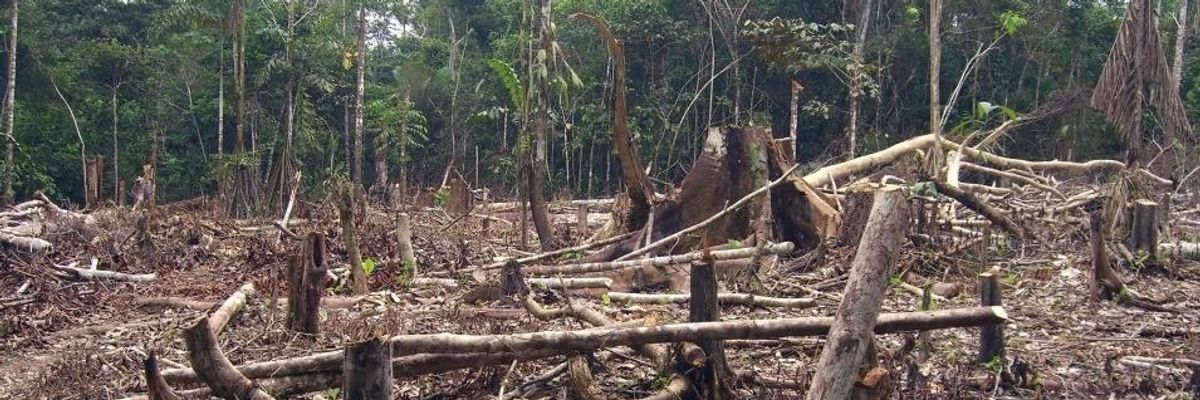Human activity led to the conditions which allowed the new coronavirus to spread from wildlife to people, a group of biodiversity experts wrote Monday, and humans alone can change the world's economic system to prevent even deadlier pandemics from causing further destruction.
Writing for the Intergovernmental Science-Policy Platform on Biodiversity and Ecosystem Services (IPBES), Professors Josef Settele, Sandra Diaz, and Eduardo Brondizio joined with Dr. Peter Daszak to warn that economic and financial systems which "prize economic growth at any cost" have led to a world in which 70% of emerging human diseases have come from wild and domesticated animals.
"It may be politically expedient at this time to relax environmental standards and to prop up industries such as intensive agriculture, long-distance transportation such as the airlines, and fossil-fuel-dependent energy sectors, but doing so without requiring urgent and fundamental change, essentially subsidizes the emergence of future pandemics."
--IPBES
The article comes a month after the U.N. Environmental Program issued a similar warning, calling the coronavirus "a clear warning shot" from the natural world.
Humans' drive to use all available land for the production of goods has led to rampant deforestation, the expansion of agriculture, mining, and fossil fuel extraction, the authors explain--all of which harm the habitats of animals around the world and drive humans closer together with other species.
"There is a single species that is responsible for the COVID-19 pandemic--us," write the authors, who have previously published planetary status reports from IPBES. "As with the climate and biodiversity crises, recent pandemics are a direct consequence of human activity--particularly our global financial and economic systems, based on a limited paradigm that prizes economic growth at any cost. We have a small window of opportunity, in overcoming the challenges of the current crisis, to avoid sowing the seeds of future ones."
Humans have taken over about 85% of the world's wetlands and more than one-third of all land for their own uses, the authors write. In addition, "the exploitation of wild species [has] created a 'perfect storm' for the spillover of diseases from wildlife to people."
The coronavirus, which causes the disease COVID-19, is believed to have spread from animals to humans after originating in bats.
Scientists have linked other coronavirus outbreaks, such as the SARS epidemic of 2003, to live animal markets, but theories that COVID-19 "jumped" from an animal to humans at a market in Wuhan are inconclusive, according to University of Iowa immunologist Stanley Perlman.
Still, the authors say in their report that "as many as 1.7 million unidentified viruses of the type known to infect people are believed to still exist in mammals and water birds," leading to likely future pandemics among the human population unless humans drastically change existing systems which rely on encroaching on wildlife habitats.
"Future pandemics are likely to happen more frequently, spread more rapidly, have greater economic impact, and kill more people if we are not extremely careful about the possible impacts of the choices we make today," write the authors.
The experts offer three key solutions that "should be central to the multi-trillion-dollar recovery and economic stimulus plans already being implemented" by policy makers:
- Strengthening and enforcing environmental regulations and including incentives for sustainability within relief packages for businesses.
"It may be politically expedient at this time to relax environmental standards and to prop up industries such as intensive agriculture, long-distance transportation such as the airlines, and fossil-fuel-dependent energy sectors, but doing so without requiring urgent and fundamental change, essentially subsidizes the emergence of future pandemics," the authors explain.
- Adopting a "One Health" approach to policy making.
Humans must recognize the "complex interconnections among the health of people, animals, plants and our shared environment," the scientists write, recommending that before allowing deforestation to move forward to further the profits of an agricultural and mining company, policy makers must consider the long-term effects the practice could have on human and animal health.
"The health of people is intimately connected to the health of wildlife, the health of livestock and the health of the environment. It's actually one health," Daszak told The Guardian.
- Properly funding and resourcing healthcare systems around the world.
The scientists add that policy makers must build capacity in emerging disease hotspots to help stop a disease outbreak in its tracks.
"This is not simple altruism--it is vital investment in the interests of all to prevent future global outbreaks," they write.
On social media, environmental researcher Lewis Winks added that economic justice for people in developing countries who have come to rely on wealthy companies' and governments' exploitative practices must also be considered as scientists push for policies to halt the destruction of biodiversity.
The "transformative change" needed to protect biodiversity requires "system-wide reorganization across technological, economic and social factors, including paradigms, goals and values, promoting social and environmental responsibilities across all sectors," the report's authors write.
"We can build back better and emerge from the current crisis stronger and more resilient than ever," the report reads, "but to do so means choosing policies and actions that protect nature--so that nature can help to protect us."




